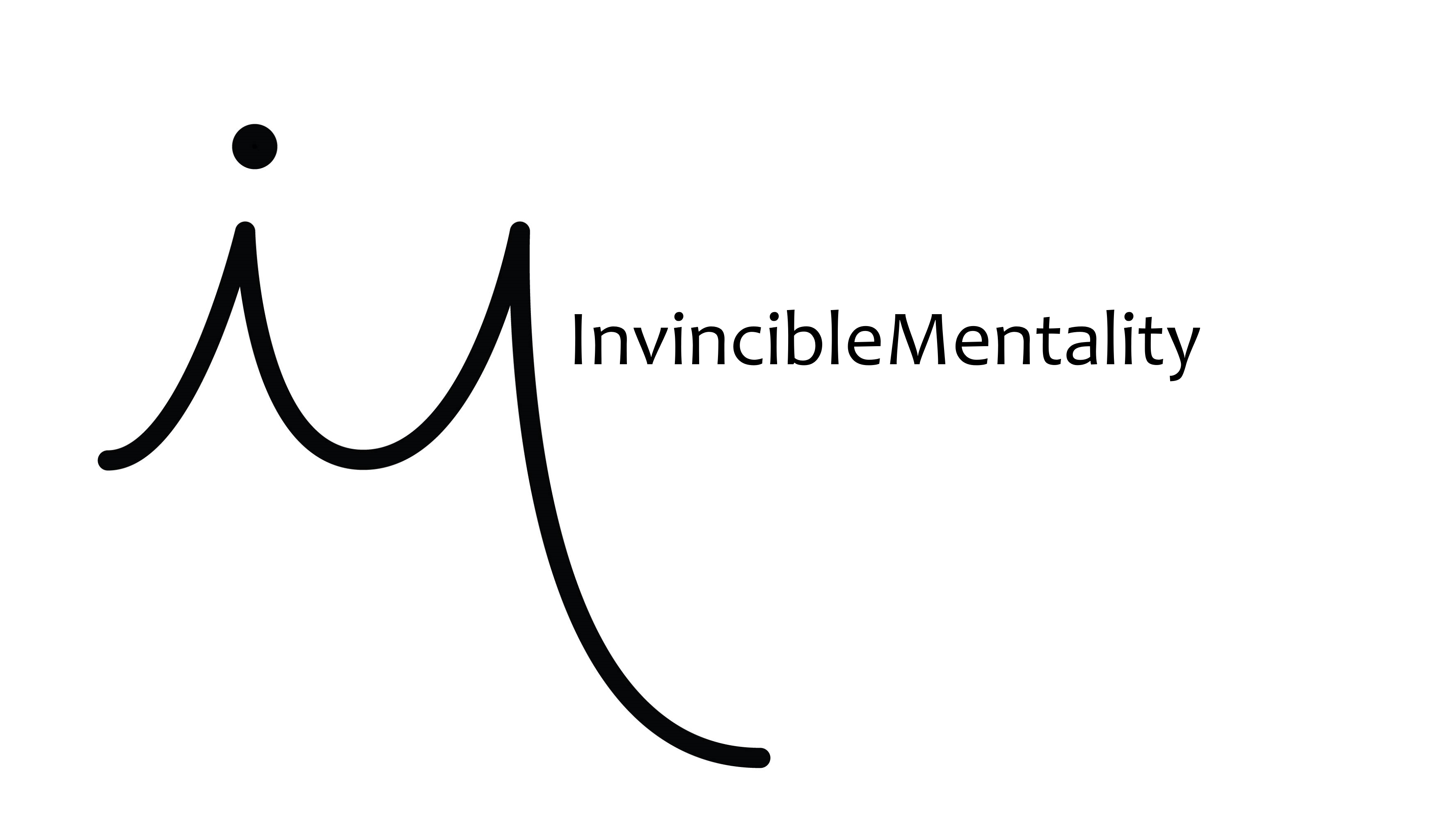Relaxation 101: How To Be Relaxed

Photo credit: Zach Betten
The driver that cut you off.
The train being delayed.
The train being canceled.
That obnoxious colleague who always makes stupid comments.
The person who is walking slowly in front of you.
I could go on…
There are too many things in the world which have the potential to get us agitated and completely throw our mood off each and every day.
If you are reading this, I take it that you recognise that you are relatively agitated and stressed, and want some help to be more relaxed.
In this resource, I am going to delve deep down into the methods and techniques that I have personally used which have helped me stay calm, cool, and collective.
So, let’s get to it!
What does it mean to be relaxed?
For me, being relaxed means thinking clearly and freely; my mind is not clouded by negative emotions and energy. Instead, I feel a sense of peace and an ability to look at events open-mindedly.
During times when I am feeling relaxed little things do not get to me. A million bad things could happen to me in that day and I would still be serene.
This is the sort of feeling I am striving to reach consistently.
Being completely relaxed and calm is not only the ability to simply to be able to let a bunch of little things go; personally, I feel it is the ability to also truly understand and appreciate the positives of these events.
The way I see it is like this:
Every day you will receive a stream of negative-based energy hitting you.
The reason I say negative-based energy is due to the events not typically being something you would associate with positive feelings, like someone yelling abuse at you, or your boss giving you way too much work which you know is going to be a challenge to achieve.
The immediate feeling that most of us have to these events are related to negative feelings, such as stress, agitation, and anger – this is completely normal.
However, something being normal does not necessarily mean it is good; personally, I have found that letting myself get dictated by these emotions tend to do more harm than good – I’m sure you can resonate with me on this.
Below I am going to detail the approach I have personally used to handle negative events in a way which allows me to not let my feelings be negatively dictated by them.
1) Recognize how destructive negative energy can be
First, let us understand what I mean by being affected by negative energy:
These are the moment when you react abruptly, irrationally, and unnecessarily to an event occurring as a result of letting yourself get emotionally controlled by it.
Prime examples of this are when we get pissed off by the person who cuts us off on our way to work or the fact that you ran out of milk this morning.
Over the course of the day, month, or even year, we can so easily let these events build up and negatively affect our mood; it can easily get to a point where we start to project these feelings externally – this is the point where it starts to be destructive.
Multiple negative interpretations of negative-based events may lead to an internal build-up of stress and agitation which may cloud our judgment – both short-term and long-term: it may make you unnecessarily yell at your significant other or unreasonably not like someone; not because of anything they did, but due to your negative frame of mind.
Is this how you want to live life? Not only letting your mind be clouded by insignificant events which will worsen your quality of life, but also worsen the quality of life of the people around you?
I hope your answer is no; it is not a way we want to live life.
Of course, being angry at a particular event is completely understandable, but as soon as you let it start to control your base emotional state is when it simply does more harm than good.
The above really resonates with me after experiencing both the 2016 UK referendum and the 2016 US election:
I am not into politics, nor do I like to judge or criticize people for the way they think or feel about things. However, I cannot help but be fascinated by how passionate people were about, not so much irrational, but illogical arguments – immigration in particular.
In both the UK and US I watched countless people speak with such emotion about how foreigners were essentially the main issue regarding their nations.
It is not the fact that I disagree with the argument, but that you could tell that the source of their feelings came from irrational anger and other negative emotions; the sort that would develop from being emotionally annoyed that a foreigner is running your corner shop for example.
As we can see, this sort of emotional influence causes unnecessary tension and divide, between people, families, and nations.
Another issue with being so emotionally affected by negative events is that it tends to make us more of an angry and temperamental person.
A key element that impacts happiness is gratitude and appreciation. Letting ourselves get unnecessarily angry and temperamental on a daily basis will bring us away from our goals of being more relaxed and at peace with ourselves.
2) Work on letting the negative energy flow through you
By default this is a positive action – you are not letting the negative energy have a negative effect on you; instead of letting it block your emotional drain your plumbing is on point and the energy is flowing right through!
This is my base point for handling my daily dose of nonsense.
The way I neutralize this negative energy is by getting into the habit of forcing myself to take a step back and think logically about the series of events which have just occurred.
When something annoying happens I normally think to myself the following:
‘Am I really going to let that annoy me?’
‘Could I have done anything about that?’
‘What is that person thinking?’
Let’s take my favorite example: someone cutting you off for no reason.
The way I would handle this in my head is as follows:
‘WHAT IS THAT IDIOT DOING AAAH I HATE PEO-’
‘Mike. Wait. First, could you have done anything about it?’
‘Well, No bu-’
‘Why let your emotions be controlled by things you can’t control?’
‘Uh, good point Mike…’
‘Also, what if that guy was rushing his dying child or pregnant wife to the hospital?’
‘Stop! Now you’re just making me feel bad…’
Those are the sort of internal dialogues I tend to have with myself in my head whenever I am thinking about getting annoyed at an event that I cannot control; it really helps me look at the situation from all angles and appreciate that looking at the event negatively is only one way to see it; there are a myriad of other interpretation which can be taken from it, many which will allow you to look at the event from a calm and neutral perspective.
The above especially applies to the third question; when you start to think what someone else is thinking, without the implication on yourself, you develop an element of selflessness and an ability to look at a balanced picture; an essential skill to reduce irrational bias.
Next time something annoying happens I urge you to follow a similar procedure; take a step back and let the peaceful and calm you (we all have one) do the talking. Think about the event from all sides and angles, recognise that it does not have to be interpreted negatively, and then strive to not let yourself get unnecessarily affected by it.
3) Convert the negative energy to positive energy
This is by far the hardest and most challenging task.
This does not have to be done to every negative event. However, when applied it may help you reach new levels of appreciation and gratitude.
For those who may not be sure what I mean by converting negative energy to positive energy let me go a bit further:
Essentially, this is building upon that third question of step 2 again: ‘what is that person thinking?’.
The difference this time is that it is not just understanding and accepting what the other person is thinking, but going that extra step and associating positives to this.
Let’s go back to the person cutting off us; we have accepted that he potentially could have been rushing his dying child to the hospital in one of the many scenarios that could actually be happening.
Let’s go that step further and hope that he is okay; let’s wish the best for him and hope everything will turn out the best for him – let us clear all negative emotion we have with them and restructure our interpretation of that event.
In regards to more personal scenarios, such as being completely overwhelmed with work, take a moment to appreciate all you do have.
This applied to me recently; I was absolutely drained by having to work quite a few extra hours and having to wake up over an hour earlier than usual… I then realized that my cousin works significant more hours as part of her standard contract than I would ever work, and gets up before that time every single day…
Taking the time to appreciate everything you do have enables you to express that gratitude and appreciation I mentioned before, as well as helping us see the bright positive side of life.
The ability to the positives out of events, no matter how naturally negative they are, is key to staying relaxed, calm, and happy – this is how I want to feel all the time.
I feel that when you are able to be in this state of mind all the time you are almost guaranteed to constantly be in a relaxed and calm state, as no matter what happens you are able to mentally see and appreciate the event from a positive angle, allowing your internal state to not only stay balanced and composed, but also be in a mode where you can project this positivity to others around you.
Summary
The most important point to remember is that being relaxed is a choice.
No one is forcing us to be annoyed, stressed, or angry at anything – it is a decision.
That being said, these are not decisions we actively tend to make. However, with some practice we can identify when we are about to make these negative decisions and use the techniques listed in this article to change our frame of mind.
Another point to remember about staying relaxed is simply not letting unnecessary things get to us. Life is too short to be constantly stressed by insignificant life events; let us spend our time and energy on the things that really matter in life.
Finally, managing to stay relaxed is a lot down to our interpretation of events. We rarely ever know the full picture of the things which annoy us; as a result we fill these gaps with preconceived assumptions.
Identifying this and taking a step back to appreciate the myriad of all the potential different outcomes will help us realise that a negative association to the event is not the only option.
I hope this resource helped shed some light on my interpretation of being relaxed.
I would like to quickly stress that by no means am I the most peaceful guy you will ever meet; I still get annoyed, frustrated and stressed. That being said, the techniques used above have really helped me make huge improvements to my base state of mind and the way I see and interpret events.
You really start to see how long you have progressed when you see someone helplessly lose their temper or act irrationally at an unnecessary event where you would have acted in a similar fashion before; you will be so thankful to yourself for taking the time to invest in yourself to make an effort to improve your emotional state.
I hope you enjoyed the article!
If you have any questions, feel free to drop me an email at mike@invinciblementality.com.
-Mike



